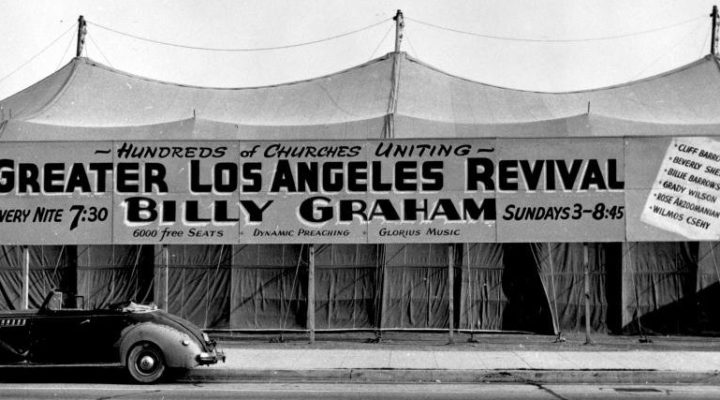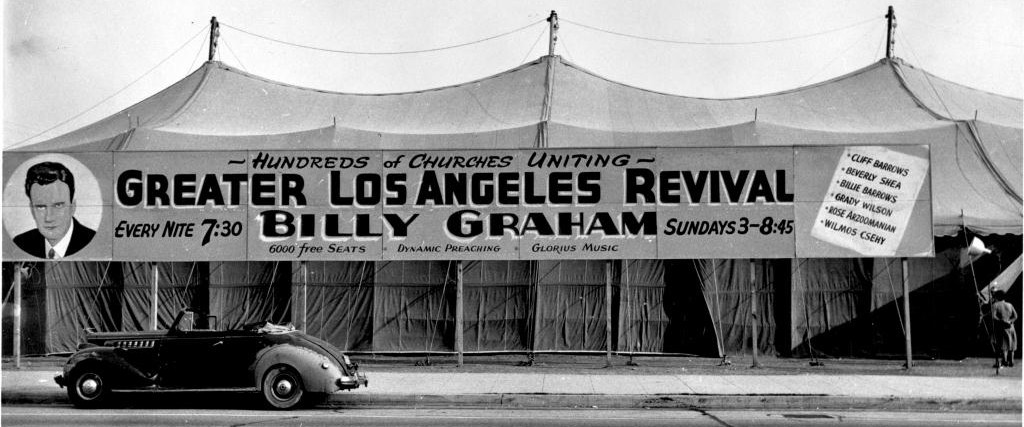One night recently, I was speaking by phone with the adult son of a man whose funeral I would officiate a few days later. While getting to know the family and the deceased in preparation for these “pick up” funerals I often do, I typically ask toward the end of the conversation: “Did your father have any particular religious beliefs or affiliations?”
On this night, that question opened an unexpected session of pastoral counseling. The son, who was not raised in church, recently has begun attending church some, and that caused him to carry some significant worry about how he had handled his father’s last days as he lay dying from lung cancer.
“I couldn’t get the courage to ask him if he had said the Sinner’s Prayer,” the man confided. “I should have. I didn’t. And now it’s too late.”

Mark Wingfield
His father hadn’t been much of a churchgoer as an adult, although he had been raised in the church as a child. He was a good man, a hard-working man who provided for his family, a man who found community in several affinity groups where he was beloved.
Now, as the father lay in his casket, the son wanted to know if he had gone to heaven. If he had only asked him about the prayer, he could have some certainty and some peace.
My job, then, suddenly became to explain to this grieving son — over the phone — why the Sinner’s Prayer is not the only way to heaven.
Hold on now, if you’ve just written me off as a one of those gol-durned universalists. Let me explain.
I have officiated hundreds of funerals and memorial services — many for people I knew and many more for people I never met in this life. Sometimes family members tell me stories of the Christian faith of their dearly departed, and sometimes they sheepishly tell me their mother was raised in the church but hasn’t darkened the doors in a long time.
Out of these hundreds of funerals, I can recall only two or three situations where the deceased was truly unchurched. Most often, these folks have been dechurched. For a variety of reasons, they dropped out, left, fell away, stopped attending. Even the one service where I was told explicitly to offer a secular message shocked me when the harpist played “Ave Maria” and the bagpipes played “Amazing Grace.”
Maybe this is the result of living in the Bible Belt, where religion is as much a cultural expectation as a spiritual one. Even the dechurched return to religion when death calls.
“Sometimes I wonder if I’m overpromising what God is willing to deliver in the afterlife.”
I think about all this when standing beside the casket of someone whose faith journey I don’t fully understand. Sometimes I wonder if I’m overpromising what God is willing to deliver in the afterlife.
Over time, I’ve made peace with this lack of knowledge, however. It is not my job to inspect someone’s life to see if I find them fit for the kingdom of heaven. It is my job to declare the gospel message that Jesus has defeated death and prepared a place for us in eternity, just as he promised. It is my job to declare the hope of resurrection, not to be the gatekeeper.
When facing death, some things I’ve learned in life are helpful. Among those is that the American revivalism concept of the Sinner’s Prayer is not the way most Christians first declare their faith. Although popularized by the Billy Graham crusade and although an efficient form of marketing, it is not the end-all.
To be clear, the Sinner’s Prayer is not wrong, is not heresy. It is a perfectly fine declaration of faith. The problem is making it the only acceptable declaration of faith, a card that must be punched if you’re to enter heaven’s gates.
Particularly outside our evangelical culture, people express their faith in a variety of ways that lead to eternal life — perhaps through the culmination of a confirmation journey, perhaps through an emerging awareness of God’s presence and love, perhaps through words or prayers that are similar yet different than the Sinner’s Prayer.
The words of the Sinner’s Prayer do not appear anywhere in the Bible, and there is no biblical record of anyone praying this exact prayer. Historians say the simple prayer we know today as the Sinner’s Prayer originated no earlier than the Protestant Reformation and more likely in the first part of the 20th century.
So what does the Bible say about how we express faith in Jesus Christ?
The single most prominent passage you’re likely to hear is from Romans 10:9-10, which says, “If you declare with your mouth, ‘Jesus is Lord,’ and believe in your heart that God raised him from the dead, you will be saved. For it is with your heart that you believe and are justified, and it is with your mouth that you profess your faith and are saved.”
That’s where the Sinner’s Prayer most likely springs from, but please note there is no precise wording given here. What the Apostle Paul was teaching the early church was that belief leads to confession. He does not say how or when.
Just to confuse things, Mark 16:16 says, “Whoever believes and is baptized will be saved, but whoever does not believe will be condemned.” This presents a problem for evangelicals who emphatically do not believe baptism is necessary for salvation. But still, belief is the main ingredient listed.
Anther greatest hit from the so-called Roman Road to salvation is from Romans 10:13, which says, “Everyone who calls on the name of the Lord will be saved.” Here again, we see the theme of believe and confession. We are saved by calling on the name of the Lord.
“Finding salvation through Jesus does not require an incantation. It requires a decision to walk in a certain way.”
And, of course, the prime example of all salvation Scriptures is John 3:16, which says, “God so loved the world that God gave the only beloved Son so that whoever believes in him should not perish but have life eternal.”
Once more, no Sinner’s Prayer is to be found in John 3:16.
We could go on and on with examples from the New Testament, but you will discover none of them gives us a formulaic prayer. There is no magic formula to recite for salvation. Instead, the whole of the New Testament calls us to believe Jesus is the Son of God, to confess Jesus is the Son of God and to live like we believe Jesus is the Son of God.
Finding salvation through Jesus does not require an incantation. It requires a decision to walk in a certain way.
With that in mind, I told the grieving son to stop worrying about not asking his father if he had prayed a specific prayer and to focus instead on the witness and fruit of his father’s life. He then told me about conversations he had with his father in the hospital about believing in God and paying attention to the things that matter most in life.
There’s no formula in that kind of conversation, but I believe there’s a whole lot of hope. I had no problem standing over that man’s casket and declaring, “He is absent from the body but present with the Lord.”
Mark Wingfield serves as executive director and publisher of Baptist News Global. He is the author of the new book Honestly: Telling the Truth About the Bible and Ourselves.
Related articles:
What is the gospel, or what must I do to be saved? | Opinion by Terry Austin
‘Hour of decision’? Evangelicalism in a post-church, post-Trump era | Opinion by Bill Leonard
Christian conversion is no Jesus vaccination | Opinion by Bill Leonard


